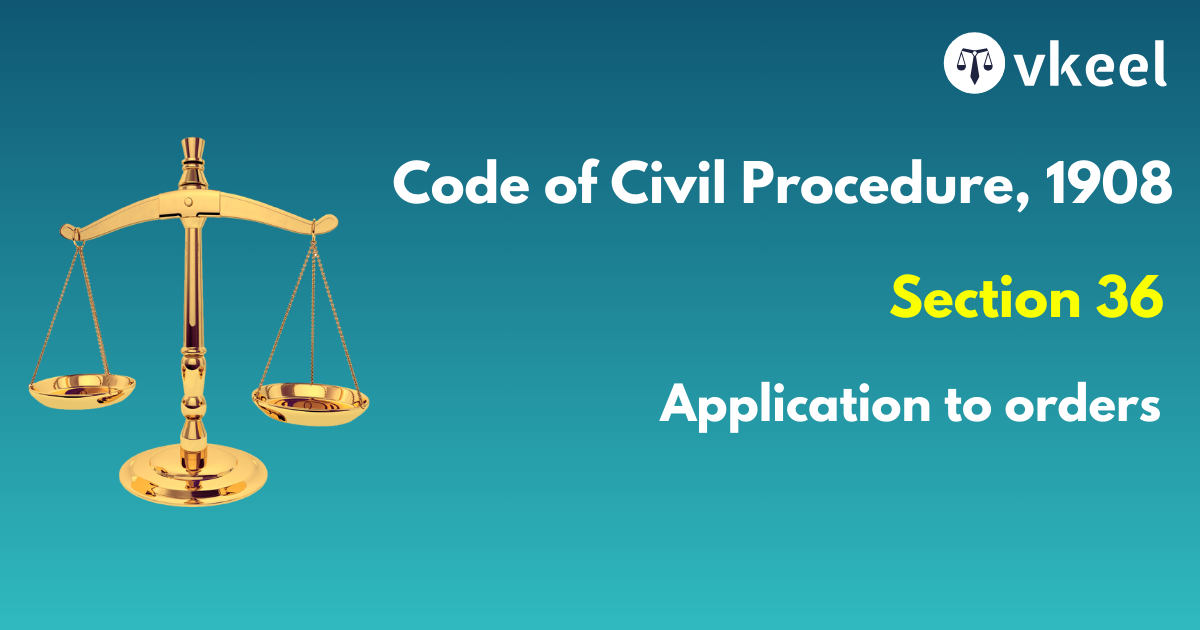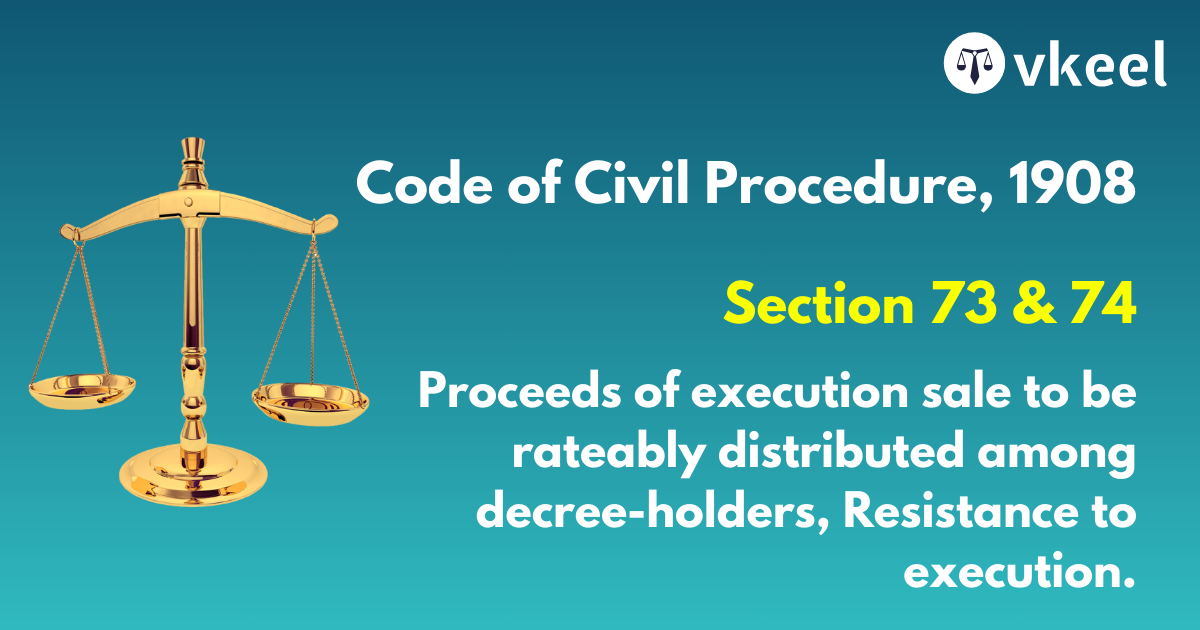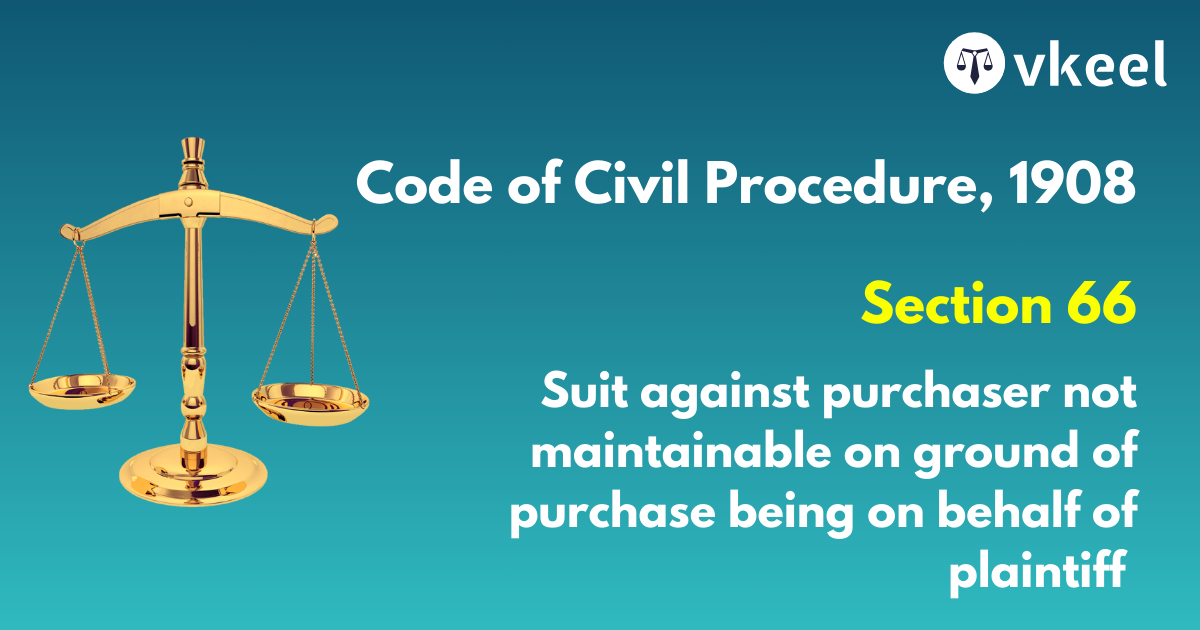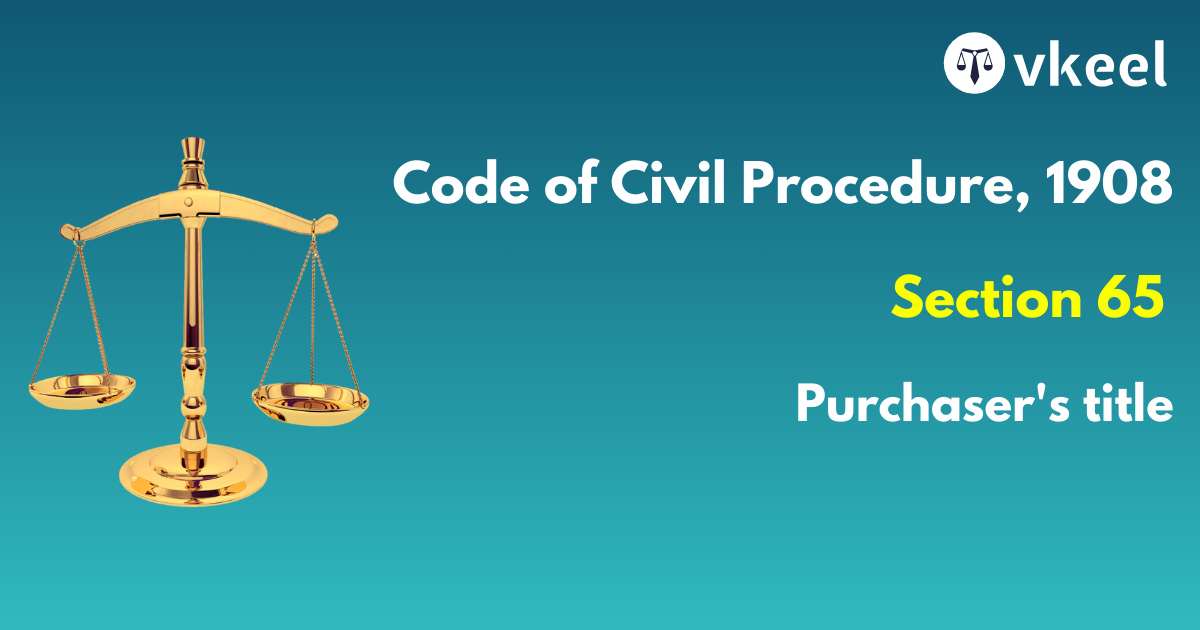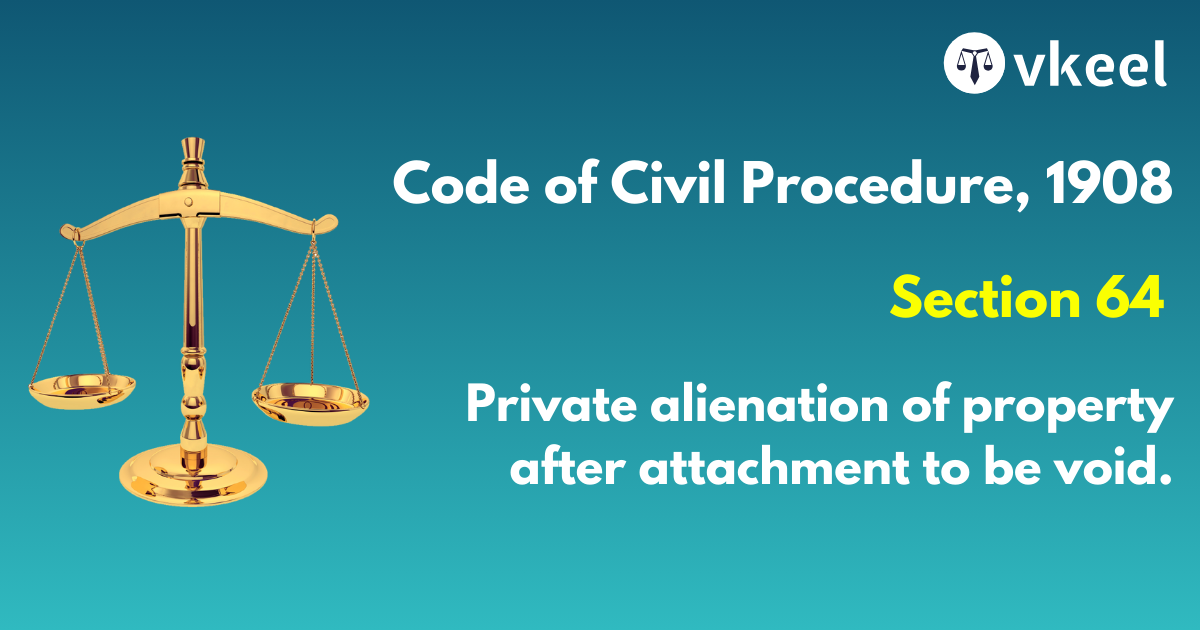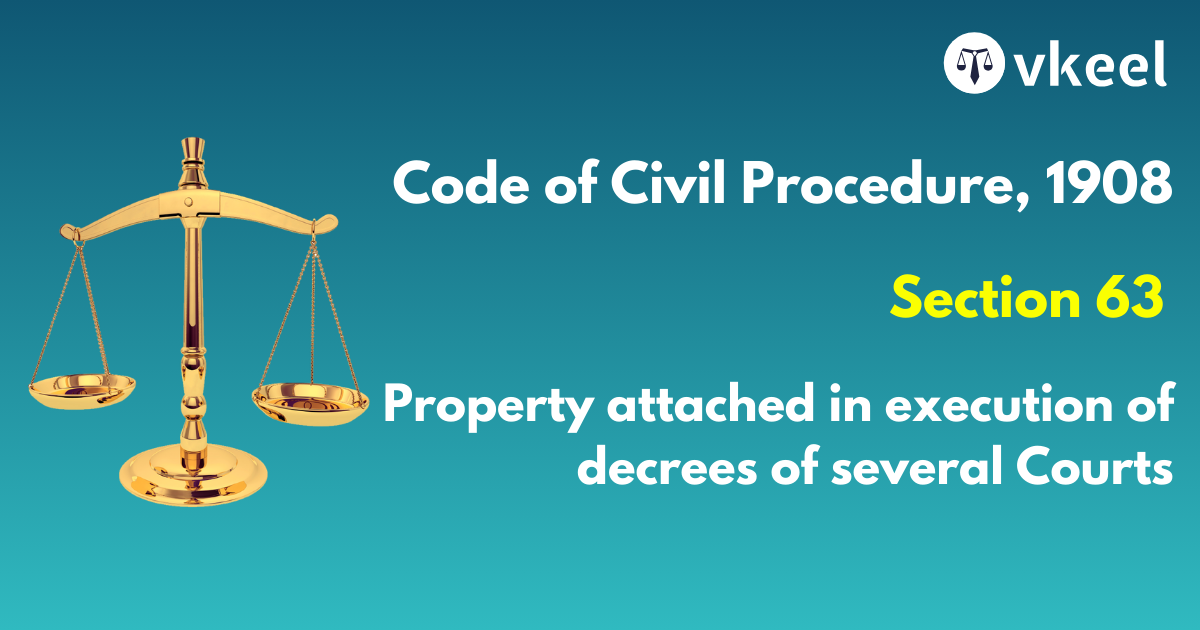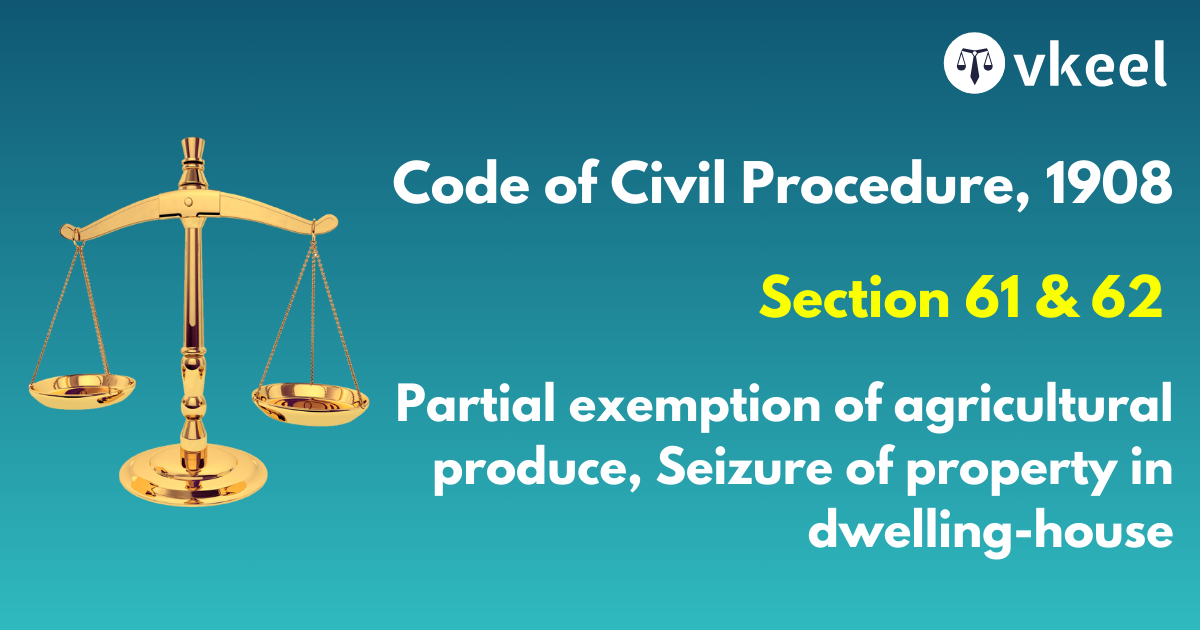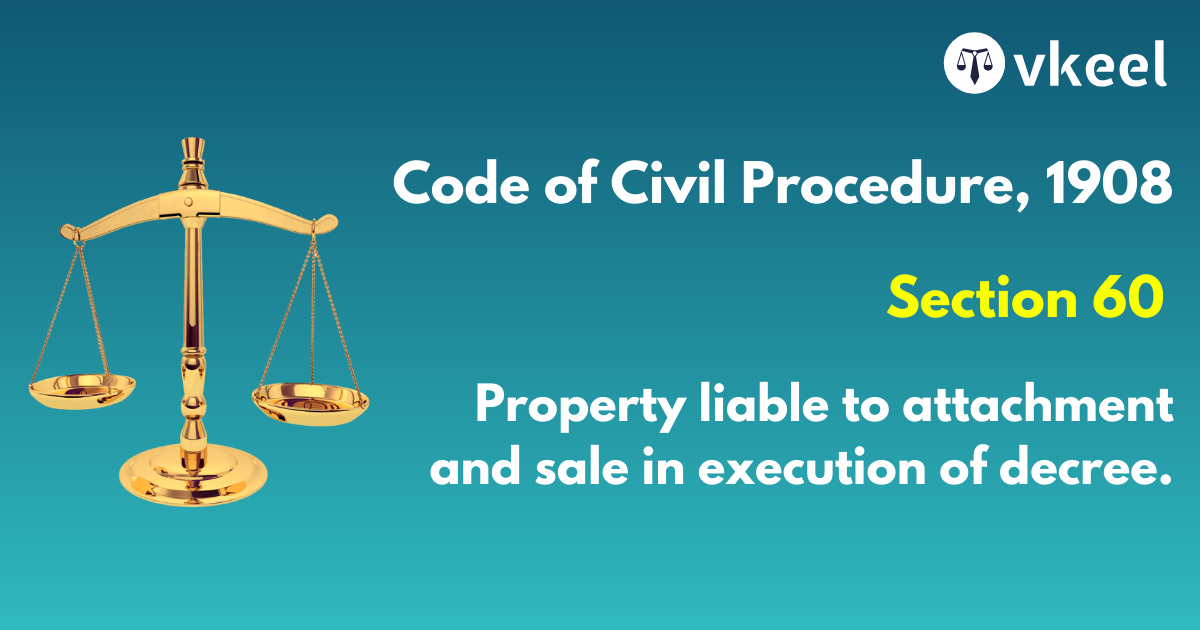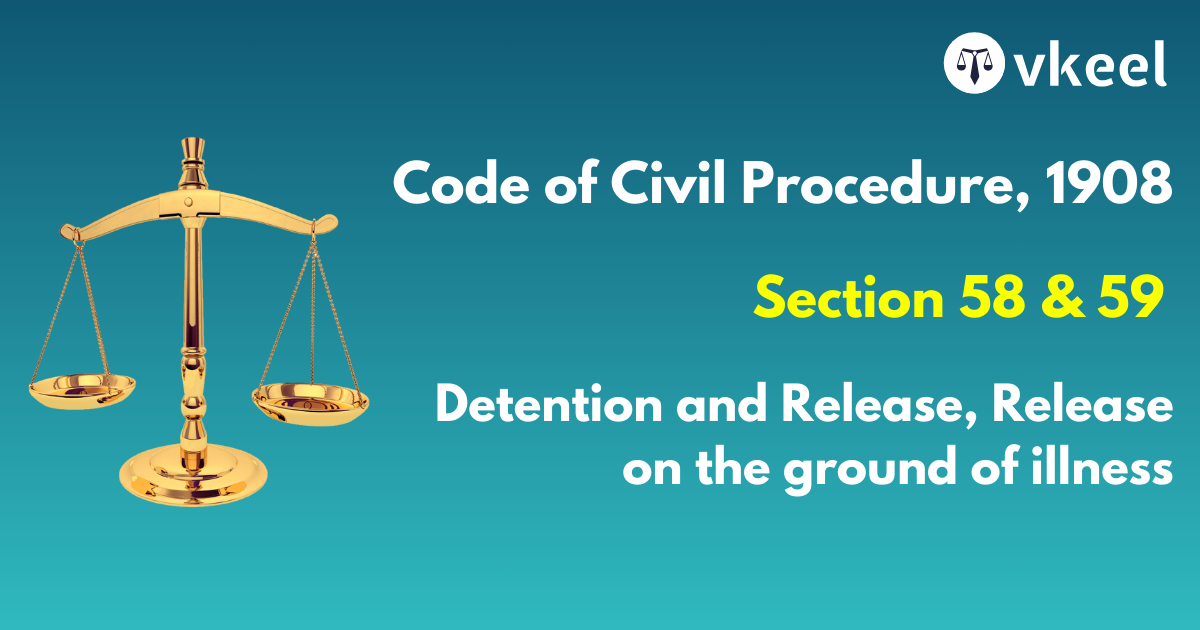Section 36 of Code of Civil Procedure,1908
By Joy Puri
Introduction
The section 36 of the Code of Civil Procedure has been subject to an amendment which was enacted in the amendment act of 1976.
The crux behind bringing in the amendment in the frame was for the change of the words and the insertion of the italicized words to clarify that the provisions relating to the execution of a decree or an order include the payment under decree or order.
Section 36 of the Code of Civil Procedure, 1908
36. Application to orders – The provisions of this Code relating to the execution of decrees (including provisions relating to payment under a decree) shall, so far as they are applicable, be deemed to apply to the execution of orders (including payment under an order).
Landmark Case Laws
Ravinder Kaur Vs Ashok Kumar, 2004
The courts of law should be careful enough to see the diabolical plus of the judgement-debts to levy the decree-holders the trust of the decree obtained by them.
Lok Holdings and Constructions Ltd., “Lok Bhavan” and Others Vs Municipal Corporation of Gr. Mumbai and Others, 2014
On conjoint reading of section 36 read with section 141 of Civil Procedure Code, 1908, it is clear that the procedure provided in the Code of Civil Procedure in regard to suits shall be followed as far as it can be made applicable in all proceedings in any court of civil jurisdiction but does not include any proceedings under Article 226 of the Constitution. The explanation was inserted in section 141 by Code of Civil Procedure (Amendment) Act, 1976 by section 47 w.e.f. 1st February, 1977
Mohd. Irfan (Senior Citizen) Vs Mohd. Iqbal & Ors.
Section 36 of the CPC provides that the provisions thereof relating to execution of decree are also applicable to execution of orders.
Kavita Chaudhri Vs Eveneet Singh & Anr., 2012
Section 36 of the Code of Civil Procedure, 1908 makes it abundantly clear that the provisions of Order XXI are equally applicable with all force to the execution of an order. Section 2(14) of the Code defines an ‘order’ to be the formal expression of any order of a civil court which is not a decree. A combined reading of Section 36 with Section 2(14) would make it clear that unless in an order there is a formal expression of decision of a civil court, the same will not become executable. Under Order XXI Rule 32 any decree passed by the civil court for specific performance for restitution of conjugal rights or for injunction can be enforced in the manner provided therein. Section 36 was enacted on the statute book to clarify the provisions relating to the execution of a decree or order. The underlying principle of this provision is that every court has inherent power to have its order carried out, as otherwise, the orders would be, a mere farce. The word execution means enforcement of decrees or orders by process of court so as to enable the decree holder to reap fruits, of the judgment or, orders passed by the court in his favour therefore, it cannot be said that the word execution is relevant only so far as the execution of the decree is concerned.
Bendakayala Abdul Rajack and others Vs Vastad Abdul Latheef, 1960
Under Section 36 of the CPC the provisions of the Code of Civil Procedure relating to the execution of decrees should be deemed to apply to the execution of orders. So, Order 21, Rule 32(1) of the CPC would apply to the execution of a decretal order for mandatory injunction.
Shanoor Begum v S Abdul Wajid, 1997
An order passed in a Final Decree Proceeding for partition to issue warrant to the court receiver to take possession of the suit property and divide the same by metes and bounds in terms of the preliminary decree or in the alternative to effect sale of the same and distribute the sale proceeds is an executable order.
Mani Manjuri v Razik, 1954
An order by an attorney against his client for payment of costs can be executed as a decree and he can also apply for rateable distribution.
Radhe Shyam v Karan, 1941
An order by court for payment of money under the Companies Act is executable as a decree.
Charanlal v Lalbahadur, 1980
Order under Article 226 of Constitution cannot be deemed to be decree or order falling under section 36 or section 28.
Surinder Nath Kapoor v UOI, 1988
An order or a decree for a fictitious sum passed against a person without giving him showing cause notice is a nullity, sale proceedings in enforcement of such an order / decree are null and void
Ramesh Akre v Mangalabai Pralhad Akre, 2002
On the dismissal of the plaintiff’s suit, interim injunction obtained by defendant therein is not executable under section 36 or section 151.
Interim injunction operates until the disposal of the suit either on merit or the dismissed for default, interim injunction has no independent existence.
Conclusion
To conclude with the aforesaid provision of the Code of Civil Procedure, 1908 the provision is embodied with the principles of fairness and building transparency within the judicial system.
Disclaimer:
The information provided in the article is for general informational purposes only, and is not intended to constitute legal advice or to be relied upon as a substitute for legal advice. Furthermore, any information contained in the article is not guaranteed to be current, complete or accurate. If you require legal advice or representation, you should contact an attorney or law firm directly. We are not responsible for any damages resulting from any reliance on the content of this website.

